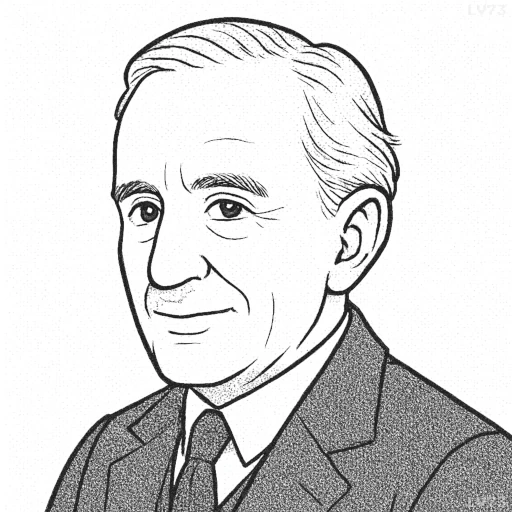“So comes snow after fire, and even dragons have their ending!”

- January 3, 1892 – September 2, 1973
- Born in the Orange Free State (British)
- Author, linguist
table of contents
Quote
“So comes snow after fire, and even dragons have their ending!”
Explanation
This line from The Hobbit speaks to the cyclical nature of life, change, and the inevitability of endings. The phrase “snow after fire” evokes the image of contrasting forces—fire symbolizing destruction, passion, or chaos, while snow represents cooling, stillness, and renewal. This imagery suggests that after times of intensity or conflict, a period of calm or resolution is inevitable. The second half of the quote, “even dragons have their ending,” is a more direct statement of the mortality of all things, no matter how powerful or imposing they may seem. Dragons, often symbols of immense power and destruction in mythology, represent the idea that even the most fearsome and seemingly indestructible forces are subject to the passage of time and fate.
Tolkien, throughout his works, often explores the themes of impermanence and transformation. Even the great dragon Smaug, who hoards treasure and exudes malevolent power, meets his end in the story. This reinforces the message that no power, no matter how grand or eternal it may appear, can escape the inevitability of change or death. The victory over Smaug is not just a physical triumph but a symbolic one—the overcoming of fear, greed, and the belief in invulnerability. It is a reminder that everything, no matter how formidable, has its limit.
In modern contexts, this quote can resonate with people facing challenges or obstacles that seem insurmountable, whether in personal struggles, societal conflicts, or even global issues. It serves as a reminder that nothing is permanent—that periods of hardship, conflict, or power will eventually give way to new phases or resolutions. Just as winter inevitably follows a fire, so too do calmer and more peaceful times follow moments of turmoil or destruction. This quote encourages patience and perspective, offering hope that even the fiercest storms or greatest battles will eventually come to an end, making room for renewal and growth.
Would you like to share your impressions or related stories about this quote in the comments section?




